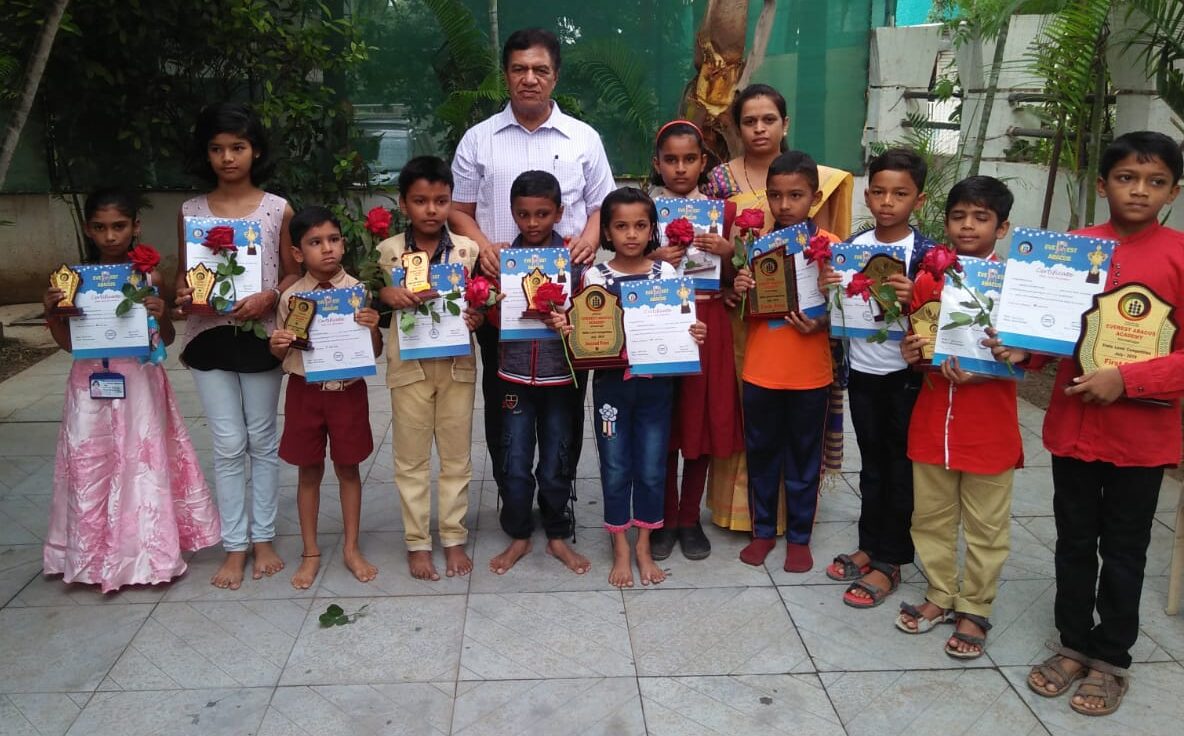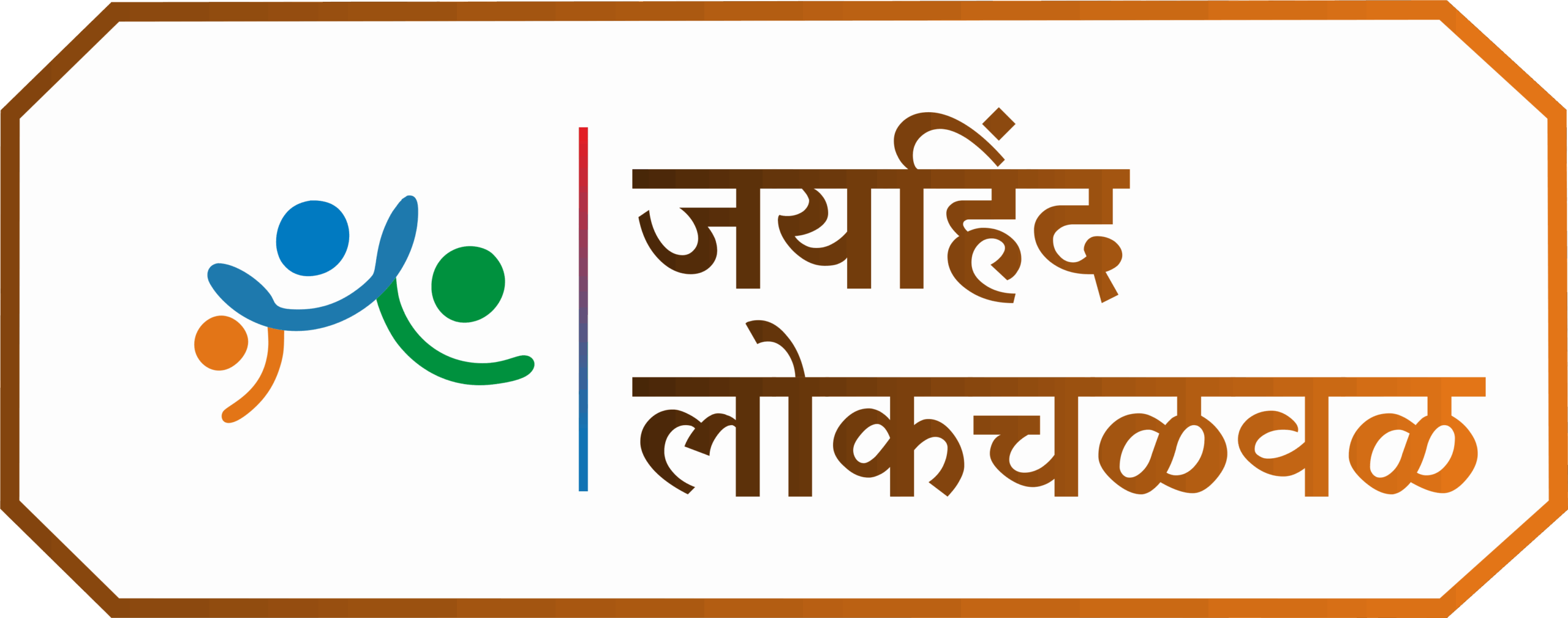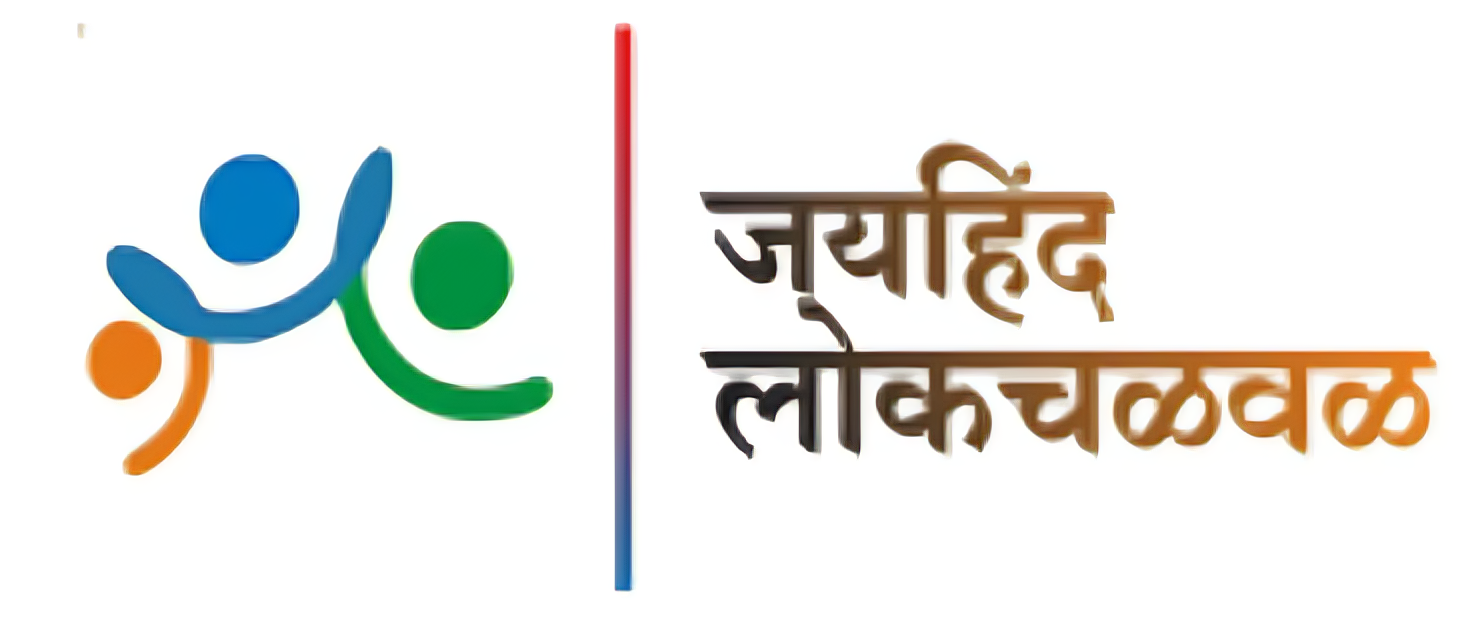Jai Hind Education

Education
Creating an education system of global standards that is accessible to all—especially to the underprivileged—is extremely important for building a strong society. It must be acknowledged that there has been significant expansion of education in India after independence. The literacy rate, which was below 10% at the time of independence, has now risen to nearly 80%. Vocational education, especially in engineering and medical fields, has made great strides.
However, even today, 20% of the population remains illiterate—which means a number equivalent to the entire population of the United States cannot even recognize the alphabet. These individuals mostly belong to tribal, backward, and female communities.
If education is seen as a means of empowering individuals, then excluding the underprivileged from it will never lead to a strong society. Along with the government, society too must contribute to the field of education. A national movement must arise to ensure that education reaches every household.
Initiatives
- Pre-primary Education : Establishing institutions offering international-standard pre-primary education in both rural and urban areas, especially for underprivileged communities.
- Beyond School Hours : Various activities are implemented to enhance students’ intellectual abilities through learning skills, reading methods, and similar initiatives.
- Reading, Writing & Speaking Projects : Special projects focusing on reading, writing, and public speaking are organized, with expert mentors guiding both students and teachers.
- Personality Development : In addition to quality enhancement, a range of activities are conducted to support the personality development of students.
- Spoken English Programs : Special initiatives are conducted to help children from economically weaker sections or Marathi-medium backgrounds improve their spoken English skills.
- Jayhind Career Academy : For higher secondary students, coaching classes are organized for CET, NEET, and JEE, along with subject-specific sessions in Physics, Chemistry, and Mathematics.
- Basic Computer Training : Basic computer training is provided to students of 11th and 12th grades.
- Free & Quality Education : Efforts are consistently made to ensure free and quality education up to 12th grade, while also encouraging participation in sports, arts, and other extracurricular fields.

